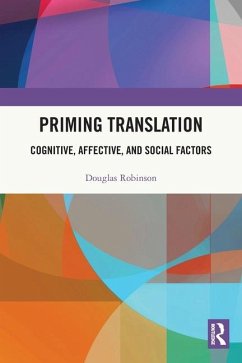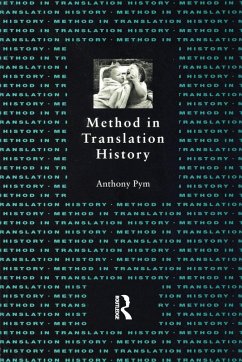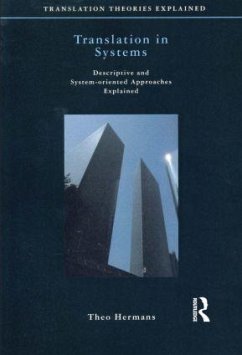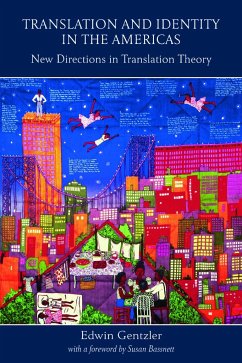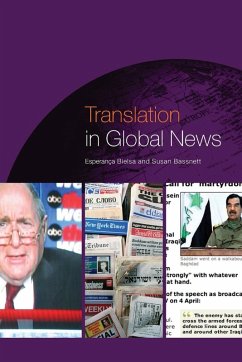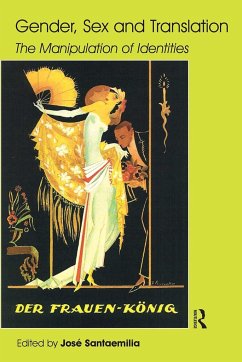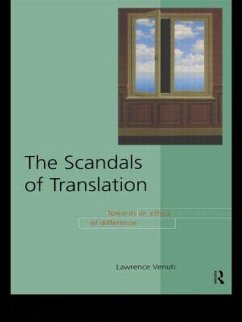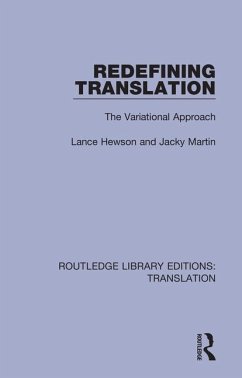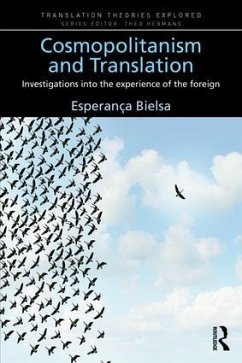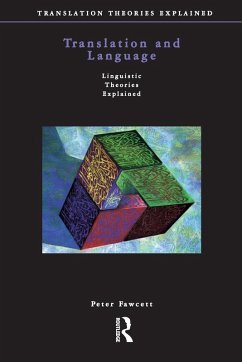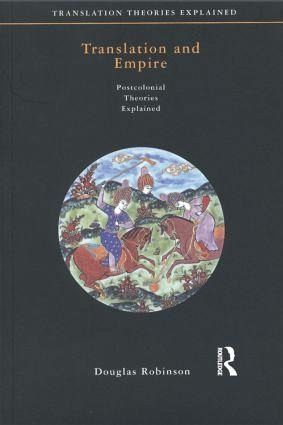
Translation and Empire
Versandkostenfrei!
Versandfertig in 1-2 Wochen
53,99 €
inkl. MwSt.
Weitere Ausgaben:

PAYBACK Punkte
27 °P sammeln!
Arising from cultural anthropology in the late 1980s and early 1990s, postcolonial translation theory is based on the observation that translation has often served as an important channel of empire. Douglas Robinson begins with a general presentation of postcolonial theory, examines current theories of the power differentials that control what gets translated and how, and traces the historical development of postcolonial thought about translation. He also explores the negative and positive impact of translation in the postcolonial context, reviewing various critiques of postcolonial translatio...
Arising from cultural anthropology in the late 1980s and early 1990s, postcolonial translation theory is based on the observation that translation has often served as an important channel of empire. Douglas Robinson begins with a general presentation of postcolonial theory, examines current theories of the power differentials that control what gets translated and how, and traces the historical development of postcolonial thought about translation. He also explores the negative and positive impact of translation in the postcolonial context, reviewing various critiques of postcolonial translation theory and providing a glossary of key words. The result is a clear and useful guide to some of the most complex and critical issues in contemporary translation studies.





